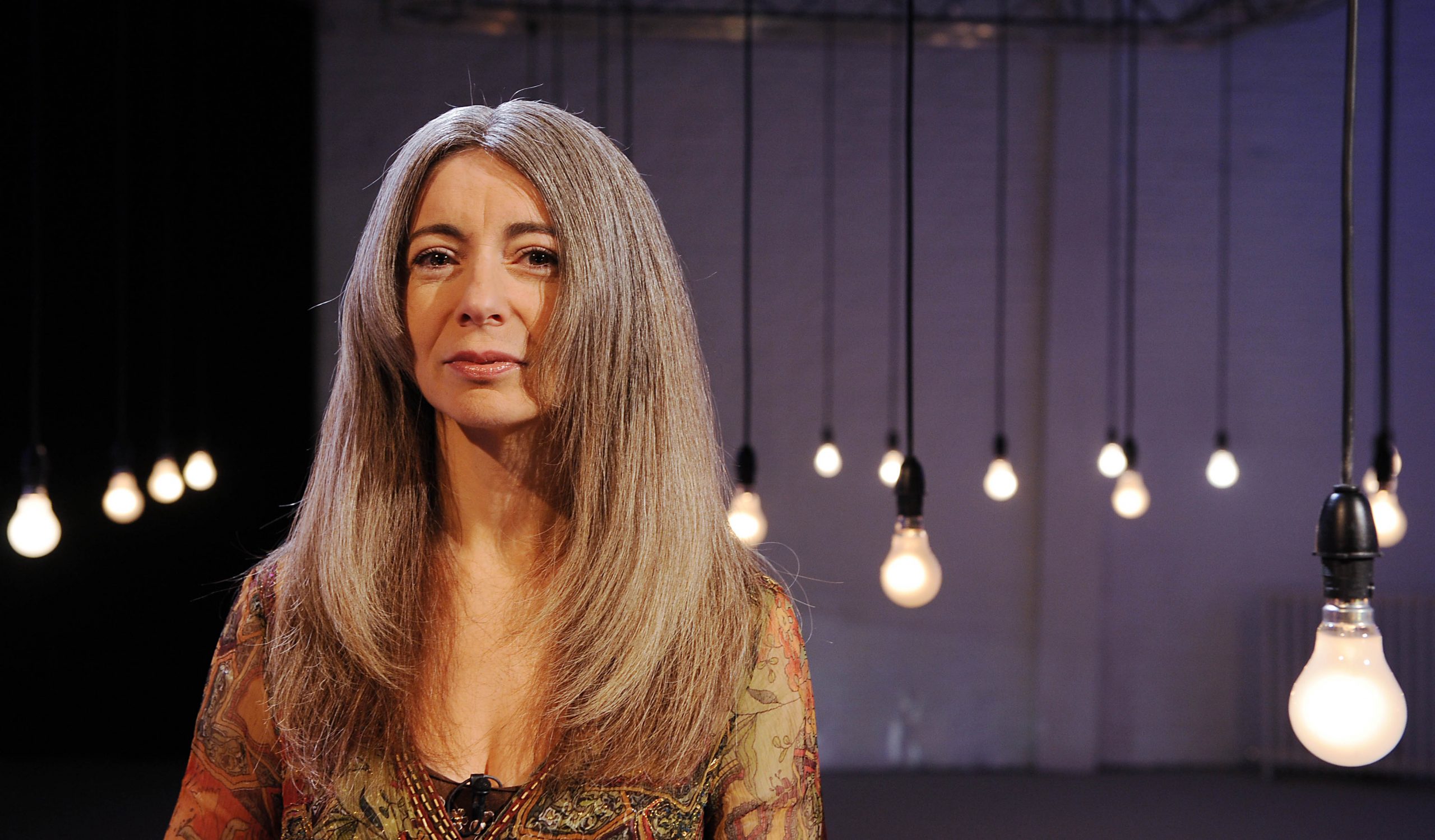The following piece first appeared on the Metro.co.uk
“It might sound counter-intuitive but losing my hearing has made me a better listener and musician – so much so that it has taken me all over the world.
Listening is about more than the sounds we take in through our ears.
It’s often thought that deaf people sit in a world of silence and all experience the loss of hearing in the same way. That’s simply not true and is a perception I’m always trying to change.
I was eight when I started to lose my hearing, and 12 when I was diagnosed as profoundly deaf. Around that time, I didn’t realise how serious the changes were.
I was determined to stick to mainstream education and started playing the piano, then moved onto percussion.
To start with, my teacher gave me a snare drum. He said, ‘take it home and I’ll see you next week’.
I didn’t have a clue what to do with it, but I’d grown up around hymns and traditional Scottish songs, and I was very aware of music’s power and the effect it could have on people.
After a while, I put the drum on my bed and struck it with my hand. And then I flicked it, pinged it, scrapped it, scratched it. I realised when I put the drum on different surfaces – my bed, the kitchen table, the lawn, a bale of straw, the gravel, it resonated quite differently.
Sometimes like a choking sound, sometimes open and echoing, sometimes quite thin, sometimes quite fat. I felt these subtle changes in sound through my body when I hit the drum.
Thanks to my teacher’s inspired decision not to let preconceptions about a young, deaf girl affect how he taught music, I learnt to listen to sounds through my body, in place of hearing them through my ears.
It was in this space that I grew confident enough to remove my hearing aids, and this gave music so much more clarity; it was a world of sound that was all new to me.
If I concentrated on what I was feeling physically, I could understand the structure, dynamics, and even the texture of the notes. Once I experimented with that it was a revelation; a complete and utter eureka moment.
From that moment on I knew I had to create my own sound, from my own experiences and from who I am.
Now when I perform, I pick up vibrations from standing barefoot on the stage. I am an international solo percussionist, I’ve won Grammy awards, and I’ve worked tirelessly with talented composers and concert promoters to build a body of work that makes ‘solo percussionist’ an exciting career for others to pursue too.
I think that sometimes, people just want to put you in a box. But through my experiences as a musician, who also happens to be deaf, I’ve been able to challenge this.
I’ve learnt that inclusion is so important, and we shouldn’t assume that different people with the same label will have the same experience. Someone shouldn’t need to have a sensory loss to make us think about how we communicate with them.
Each day presents an opportunity for us to practice our skills and to really listen to each other.
Learning to really listen to the sounds of my musical instruments keeps me curious. Even now I like to remind myself of that first lesson, and find new things I can explore with that instrument.
It’s never a tiresome activity, it’s full of wonder, it keeps me fresh as a musician even to this day.”
-Dame Evelyn Glennie
Evelyn is supporting Great Ormond Street Hospital’s new Sight & Sound Centre, supported by Premier Inn. It will be the first dedicated medical facility for children with sight and hearing loss in the UK.

